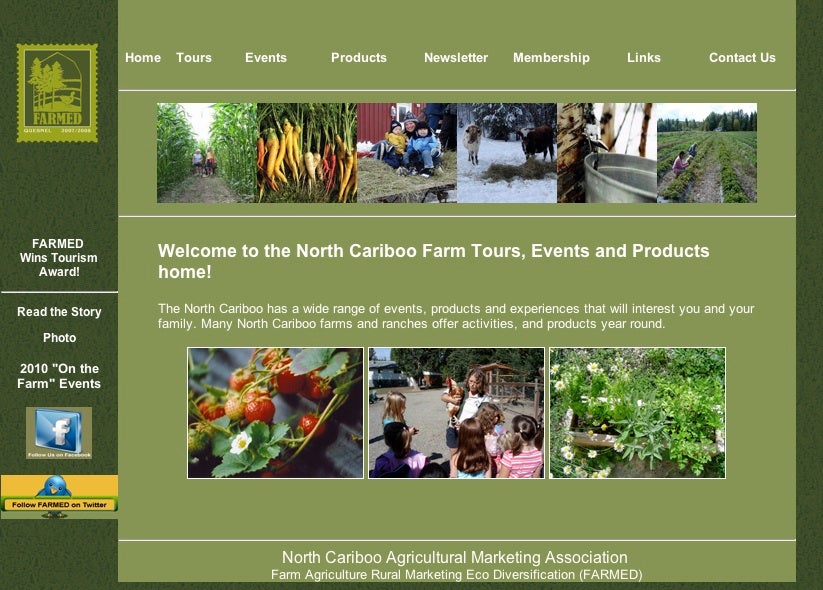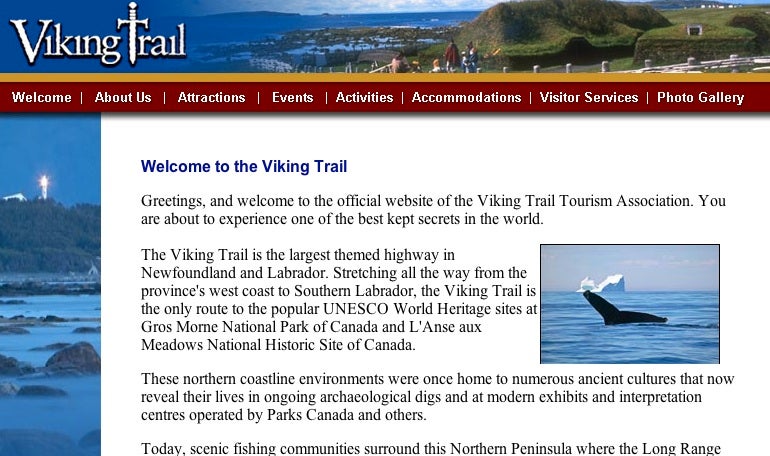The social economy has long been an interest of mine. As a former employee of Mountain Equipment Co-op (MEC), one of Canada’s largest and most successful consumer cooperatives, I’ve experienced first-hand the advantages (and challenges) of the ‘third sector’ (not-for-profit, co-op, volunteer organizations, etc.).

Last year, I decided to turn my interest in the social economy into a presentation at the 2009 Canadian Association of Geographers Annual Meeting at Carleton University. I had always been struck by the possibility of social economy enterprises (see a great list from the Canadian Social Economy Hub) within rural or remote areas where capital may be scarce. I began to do some research on existing tourism-related social economy enterprises and while there are a few prominent ones, I was surprised at how few references I found. My presentation for the Canadian Association of Geographers (CAG) conference described many of the Canadian examples that I could find and theorized that there are two main roles that social economy enterprises can play in rural tourism development:
- Supportive, such as financing, tourism association, advertising co-op. There are many of examples of co-operative tourism associations across Canada, but one standout example is the Viking Trail Tourism Association in Newfoundland and Labrador.
- Direct product delivery, such as operating an attraction). There are not as many examples of this category, but another excellent one is North Caribou Farm Tours (FARMED) in British Columbia.

I was then invited by Dr. Rhonda Koster, from Lakehead University to develop this presentation into a paper for publication in the Journal of Rural and Community Development (JRCD). It is a modest paper, more of a literature review and outline for further studies, but nevertheless, I hope that it can start to bring the rural tourism and social economy literatures closer together. JRCD is an open access journal, so you can download the paper.